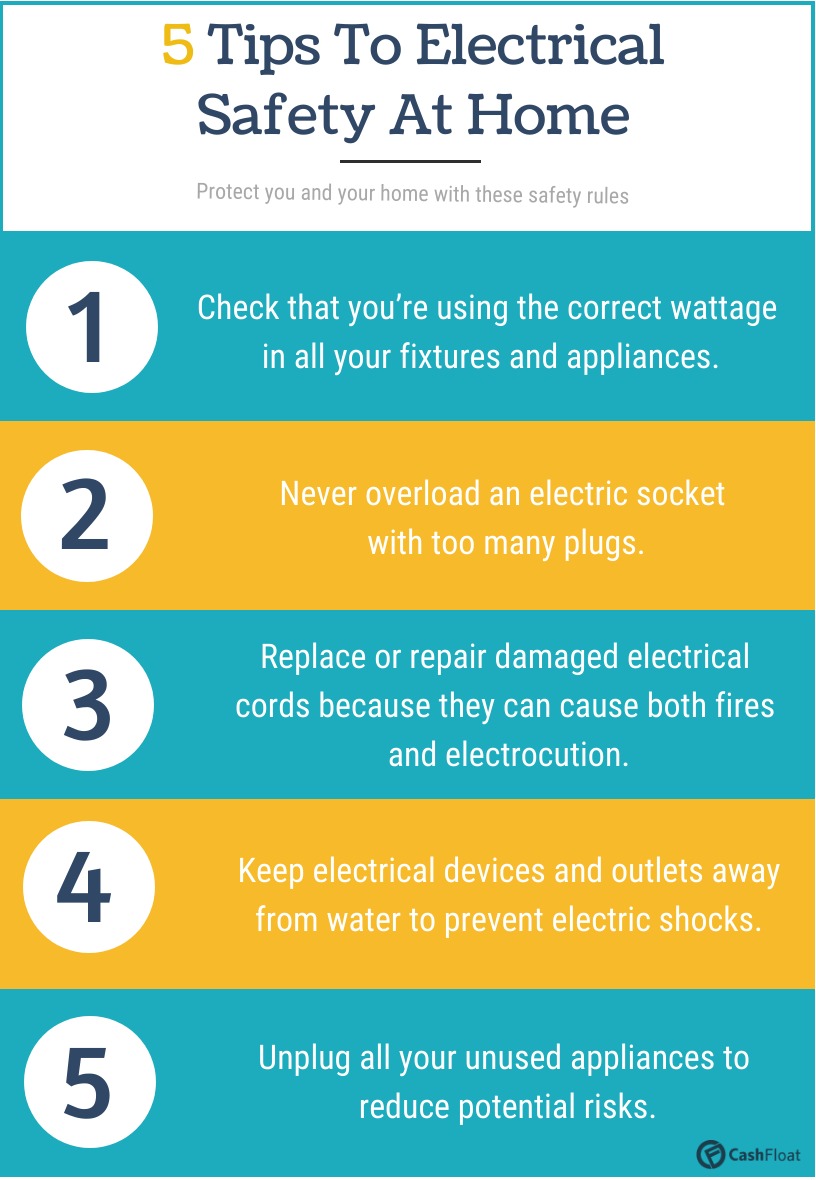As a homeowner, one of your utmost priorities should be ensuring the safety of your family and your home. When it comes to safety, electrical hazards pose a significant risk if not handled properly. A simple mistake or oversight can lead to devastating consequences such as electrical fires, severe injuries, or even loss of life. That’s why it is crucial to have a thorough understanding of electrical safety and take necessary precautions to protect your loved ones and your property.
I learned this lesson the hard way when I experienced an electrical mishap a few years ago. One ordinary evening, I noticed a burning smell emanating from one of the electrical outlets in my living room. Alarmed, I immediately shut off the power to that outlet and called an electrician. It turned out that faulty wiring had caused the outlet to overheat, potentially leading to a dangerous situation. Thankfully, I acted promptly, averting a potential disaster.
My personal experience made me realize how vital it is to be vigilant and proactive about electrical safety. So, let’s delve into some essential tips that can help you prevent electrical hazards in your own home.
Firstly, regular electrical inspections are crucial. Consider hiring a licensed electrician to conduct a thorough inspection of your home’s electrical system. They will identify any outdated or faulty wiring, overloaded circuits, or other potential hazards. Regular inspections not only prevent dangerous situations but also ensure compliance with local electrical codes.
Next, be attentive to warning signs of electrical problems. Flickering lights, frequently tripping circuit breakers, or warm outlets are all red flags that something isn’t right. If you notice any of these signs, it’s best to call an electrician immediately. Ignoring these warnings can result in more severe issues down the road.
Furthermore, never underestimate the importance of proper electrical grounding. Grounding helps protect you from electric shock by ensuring that excess electrical energy is directed safely into the ground. All electrical systems in your home, particularly appliances and outlets, should be correctly grounded. To verify if your outlets are grounded, consult an electrician who can test them using specialized equipment.
Another vital aspect of electrical safety is maintaining a safe distance from power lines. Whether you are mowing your lawn, pruning trees, or installing holiday decorations, always be aware of overhanging power lines. Preventative measures, such as maintaining a minimum of 10 feet of clearance, can reduce the risk of accidental contact with live wires. Remember, even non-metallic materials like ladders and tree branches can conduct electricity if they come into contact with a power line.
Moreover, electrical cords can become potential hazards if not handled properly. Avoid running cords under carpets or rugs, as this can cause them to overheat, leading to fires. When unplugging an appliance, always hold the plug itself rather than pulling it out by yanking the cord. Regularly inspect cords for any signs of fraying, and replace them immediately if damaged. Additionally, don’t overload power strips or outlets with too many devices, as this can exceed the circuit’s capacity and trigger a fire.
Childproofing your home is crucial for electrical safety, especially if you have young children. Install outlet covers or utilize tamper-resistant outlets to prevent curious kids from poking objects into electrical sockets. Keep all electrical cords out of reach, so little ones don’t accidentally pull on them or chew on them. It’s also wise to teach your children about electrical safety and the potential dangers of playing with electrical appliances or outlets.
Lastly, be prepared for electrical emergencies. Make sure your home is equipped with functioning smoke detectors on every floor, along with fire extinguishers nearby. Establish an emergency evacuation plan and practice it regularly with your family members. This way, if a fire or electrical emergency occurs, everyone knows what to do and where to go to stay safe.
In conclusion, electrical safety should be a top priority for every homeowner. By conducting regular inspections, being mindful of warning signs, maintaining proper grounding, and taking precautions with power lines and electrical cords, you can significantly reduce the risk of electrical hazards. Childproofing your home and being prepared for emergencies are additional measures that ensure the safety of your loved ones. Remember, electrical safety is not something to be taken lightly; it can be a matter of life and death. Take the necessary steps today to create a safe and secure environment for your family.
